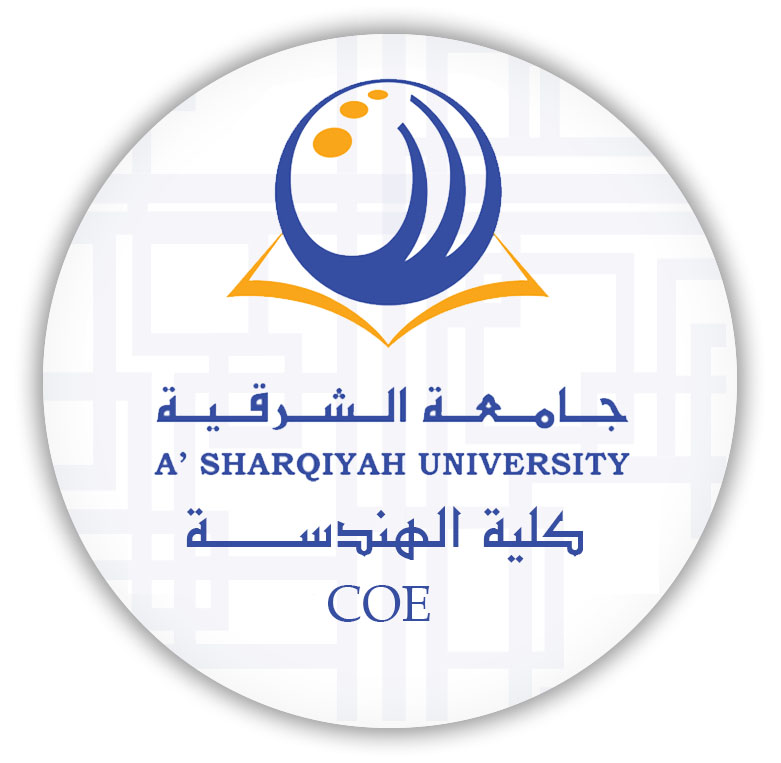Sustainable systems Engineering is a technical, transdisciplinary field focusing on how to design, integrate, and manage complex systems over their life cycles, with a goal of environmental, economic, and social sustainability. As the program is of transdisciplinary nature, it will integrate materials and courses from number of engineering disciplines such as civil, chemical, mechanical, geomatics, and electrical.
The BSc in Sustainable Systems Engineering program has a common first year, which consists of several courses in basic science and math. The students are also exposed to basic courses from different engineering disciplines such as in electrical, mechanical, chemical and environmental engineering. The students learn about principles of thermodynamics, fluid mechanics, heat transfer, and then pursue more advanced sustainability studies in various fields (environmental sustainability, sustainable materials, sustainable energy systems, sustainable infrastructure, sustainable water resources, etc.). A design backbone throughout the program will form critical-thinking and problem-solving skills and provide opportunities to interact with local industry and researchers in many different fields of study. The program contains hands-on experiential laboratory sessions to reinforce concepts taught in lectures. Leadership development is fostered through open-ended projects and group work.
Degree and Study Plan-Sus Sys Eng-2024
BSc Sus Sys Eng Course Descriptors
Study Plan_BSc Sustainable Eng_One Page_August_2024
A. General Education Diploma Certificate of 65 % or above and obtaining 60 % or above in Pure Mathematics and English.
B. Certificate issued from outside the Sultanate (need to be equivalent to the Ministry of Education in the Sultanate).
C. The student must pass the general foundation program (English, mathematics, computer, and learning skills) as a general requirement for all students before starting the program.
D. Students who have studied in other educational institutions recognized by the University may be eligible to transfer if they earned a grade point average of 2.0 or higher over a four-point grade scale. The head of the academic department or dean in the College in which the student has enrolled shall evaluate all courses taught at the former institution in which the student earned a grade of C or higher..
E. A student must be medically fit.
Program Fees: Credit Hours 138 PRICE Per Hours, OMR 91.8 OMR Total cost of Program 12,668.4 OMR
Graduates from this program will find employment opportunities in a range of organizations including related municipalities and ministries and in various industries such as food and processing, energy and environment, material development, transportation, urban planning, environmental management and policy and business consulting.
Graduates from this course can also pursue further study and can improve their academic qualification by doing a Master’s degree.
